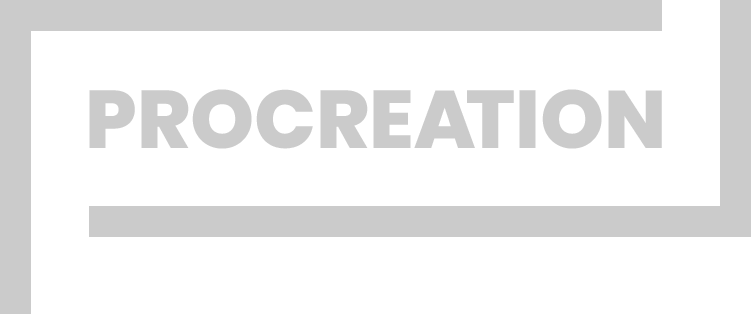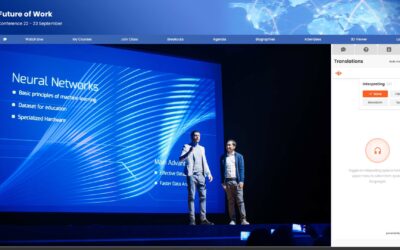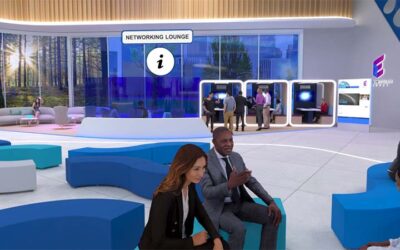What will the future of work look like?
The workplace has been completely reshaped because of the Covid-19 pandemic but what will the future of work look like? The stay-at-home order shifted workforces to working from offices, to working purely online. But now, there is a mixture. Offices are open, staff are back, and we’ve learned a lot. These learnings will shape both how organisations and employees decide to operate and the workplace will never be the same again. The future of work will look very different to the past. Hybrid working is here and it’s here to stay.
The future of the workplace for organisations
The core trends that are driving the change in the way we work, beyond the Covid-19 pandemic, can be simplified as:
- Globalisation
- Digital transformation
- Generational changes
According to Deloitte, in the early 2000’s nearly all workforces across the globe consisted of permanent employees. However, today the story is quite different. More than 40% of employees are now considered non-permanent workers. This is a huge change, why this shift? Since Covid-19 hit, workers and organisations have embraced remote working, with freelancers and distributed workforces working together like never before – because they had to.
Remote working due to necessity, has unlocked many opportunities for business leaders and created a new era of flexibility within the workforce. Organisations now have access to talent they couldn’t reach before. Organisations are realising that with the correct systems in place they can make the most of this flexible and often cost-effective talent pool. Virtual digital solutions such as Virtual Experience Centers and Virtual Events provide efficient ways of training and educating workforces and connecting businesses with their customers, no matter where in the world they may be physically located. Face to face is, and will always remain important, but working virtually, as we’ve done since Covid-19 creates huge opportunity.

Benefits for organisations
- Reduced office space & resulting reduced overheads that can be redirected elsewhere
- Flexible human resource that switches on and off when needed
- Global & decentralised workforces & access to new talent pools
The future of the workplace for staff
With the Baby Boomer generation set to retire from full time working life, Gen X and older Millennials will begin to fill senior positions. As Gen Z’s enter the workplace, improved digital knowledge and understanding means expectations have changed. This will welcome a new era for the workforce. It is becoming, and will continue to become a candidate led market.
As well as compensation and pay, flexibility is not seen as a benefit, but as an expectation. Experienced workers need time not only to care for themselves, but their families (both older relatives and children.) Almost every future job is expected to include some degree of flexibility. Whether it’s a permanent role working from the office for set days a week, and remotely the rest, or a full-time remote position, digital technology is the enabler of the hybrid workplace.
If the hiring organisation has the relevant digital capabilities to manage their workforce, they can hire the right people for the right projects and remain agile. Younger employees are expected to want to work on several projects to develop their skills and digital capabilities will facilitate this. Candidates will seek out organisations that make this way of working possible for them. The needs of this new era of staff will be important for organisations, and organisations with methods of training and engaging with staff virtually, will thrive.

Ways staff will be able to engage with organisations in the future workplace
- Remote training and opportunities for upskilling
- Integrated digital workplace solutions
- E-learning platforms
- Virtual Events
What do do next…
For more information on how to prepare your organisation for the future of work, contact us today. In a no obligation, question and answer only demo, we can demonstrate the excellent ways we can help your organisation engage with the workforce of the future and attract the best talent.
Book a time with one of our team to discuss your next project
More insights from the Procreation blog
Procreation and Interprefy partnership
Procreation are delighted to announce their new...
Unmissable features for Virtual Events: Network Café
Virtual Event Feature spotlight - Networking...
Gen Z in the workplace: what you need to know
Gen Z – the next generation of workers Gen Z is...




